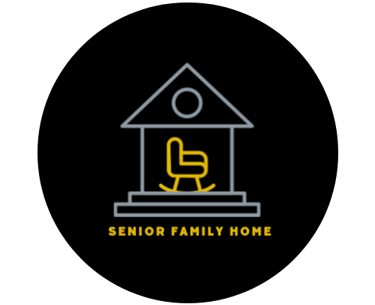Navigating Advanced Elderly Care Planning and Health Care Decisions: A Guide for Caregivers and Families


As our loved ones age, it becomes increasingly important to plan for their future health care needs and make decisions that align with their wishes and preferences. Advanced elderly care planning involves thoughtful consideration of medical, financial, and legal aspects to ensure that seniors receive the best possible care while maintaining their dignity and autonomy. In this blog post, we'll explore essential tips for caregivers and families embarking on the journey of advanced elderly care planning and health care decision-making.
Understanding Advanced Elderly Care Planning:
Advanced elderly care planning encompasses a range of considerations, including medical care preferences, end-of-life wishes, financial planning, and legal documentation. Caregivers and families play a vital role in facilitating these discussions and ensuring that their loved ones' wishes are honored.
Tip 1: Start the Conversation
Early Initiating conversations about advanced care planning can be challenging, but it's essential to begin the process early, ideally before a crisis occurs. Encourage open and honest dialogue with your loved ones about their health care preferences, values, and goals for the future. Be patient, empathetic, and supportive, and listen attentively to their concerns and wishes.
Tip 2: Discuss Medical Care Preferences
Discussing medical care preferences is a crucial aspect of advanced elderly care planning. Encourage your loved ones to articulate their preferences regarding life-sustaining treatments, resuscitation, and end-of-life care. Explore different scenarios and hypothetical situations to ensure that their wishes are clear and well-documented.
Tip 3: Create Advance Directives
Advance directives, such as living wills and durable power of attorney for health care, allow individuals to specify their medical care preferences and appoint a trusted individual to make health care decisions on their behalf if they become incapacitated. Work with your loved ones to create these documents and ensure that they are updated regularly to reflect their current wishes.
Tip 4: Address Financial and Legal Matters
In addition to medical care preferences, advanced elderly care planning involves addressing financial and legal matters. Discuss financial planning, including long-term care insurance, retirement savings, and estate planning, to ensure that your loved ones' financial affairs are in order. Consult with an attorney to draft important legal documents, such as wills, trusts, and powers of attorney, to protect their interests and assets.


Tip 5: Seek Professional Guidance
Navigating advanced elderly care planning can be overwhelming, so don't hesitate to seek professional guidance and support. Consult with an elder law attorney, financial planner, or geriatric care manager who can provide expert advice and assistance tailored to your loved ones' needs and circumstances.
Advanced elderly care planning is an essential aspect of ensuring that seniors receive the best possible care while maintaining their autonomy and dignity. By initiating open and honest conversations, discussing medical care preferences, creating advance directives, addressing financial and legal matters, and seeking professional guidance, caregivers and families can navigate this complex process with confidence and peace of mind. Remember that advanced care planning is an ongoing process, and regular communication and review are key to ensuring that your loved ones' wishes are honored throughout their later years.




